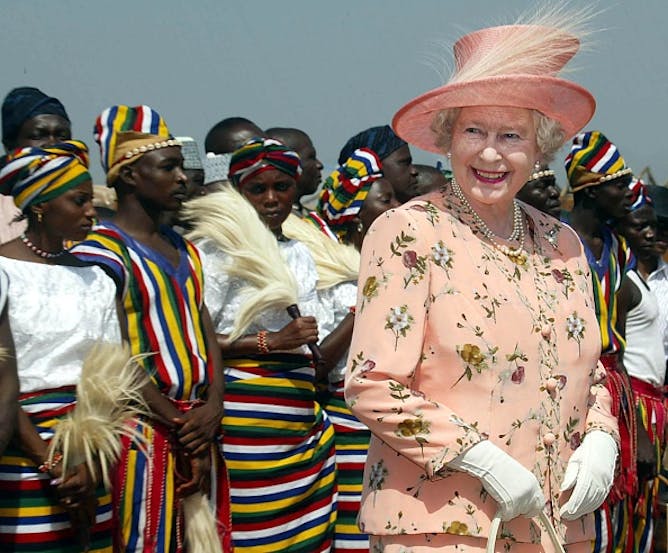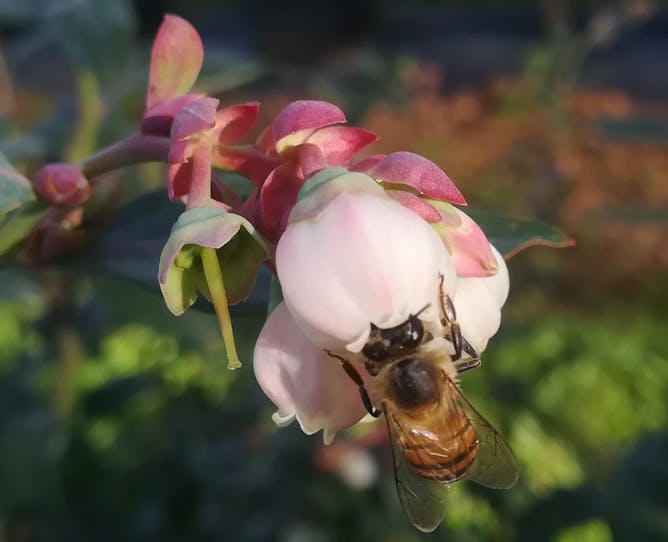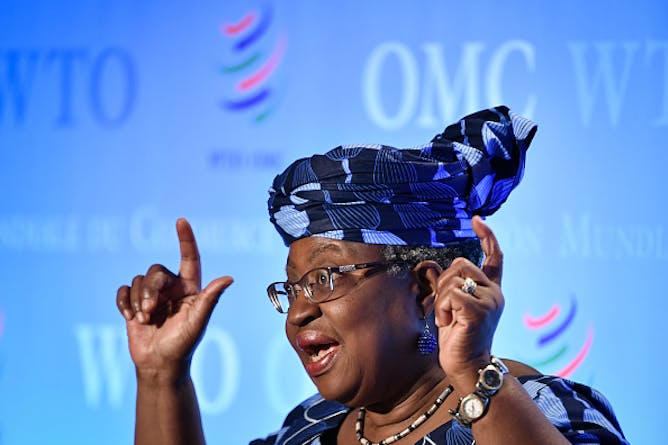|
The unravelling of the British Empire began some five years before Queen Elizabeth II ascended to the throne in 1952 with Britain’s withdrawal from Burma and India in 1947. Even after India’s departure from the Empire, it was widely assumed that Britain would stay on in Africa for many decades. But things changed quickly. Riots in the Gold Coast in 1948 led swiftly to the appointment of Kwame Nkrumah as Chief Minister and the introduction of self-government. The decolonisation tide was to prove unstoppable. Roger Southall sets out the seismic changes of the intervening decades, in particular how Queen Elizabeth adapted to the transition from colonial rule
to a loose association of the Commonwealth club.
Africa is widely acknowledged as the birthplace of humankind. But less attention is given to the continent’s rich fossil record - and many may not know about the varied dinosaur species that roamed African landscapes hundreds of millions of years ago. Today researchers are gleaning clues about the creatures’ lives from fossilised bones and preserved tracks. We’ve collated some of that research here.
Over the years, many football players from across the continent have made waves on the international club scene, but East African superstars are rare. Unlike West and North Africa, the region hasn’t produced many players who perform consistently at high levels in Europe. In his fascinating article, Christian Ungruhe unpacks why this is the case.
|

|
Caroline Southey
Founding Editor
|
|
|
|

Roger Southall, University of the Witwatersrand
Queen Elizabeth adjusted with aplomb and good grace – personally and as monarch – as countries achieved their independence from Britain.
|

Natasha Joseph, The Conversation
The African continent is a rich repository for dinosaur fossils, including teeth and track marks.
|

Christian Ungruhe, University of Passau
The lack of a system to support youth development is just one reason why Tanzania, Kenya and Uganda have produced few top footballers.
|
|
|
-
Stefan Grab, University of the Witwatersrand
A project to transcribe Dutch colonial records of the weather in Cape Town can benefit modelling of future climate scenarios and assist in forecasting weather now.
-
Gediminas Lesutis, University of Amsterdam
Mega infrastructure projects entrench existing inequalities when they ignore the economic realities of vulnerable groups.
|
|
|
|

Keanu Martin, Stellenbosch University
Honey bees have what it takes to pollinate blueberries, boosting the quality and quantity of the popular fruit.
|
|
|
-
Dele Ashiru, University of Lagos
Public universities in Nigeria have been bedevilled by lecturers’ strikes for years. To break the cycle, the union insists the institutions should be adequately funded.
-
Lesley Wentworth, University of KwaZulu-Natal; Deon Cloete, South African Institute of International Affairs
Countries in southern Africa should start focusing on greater regional interconnectedness and collaboration.
-
Gustavo de Carvalho, University of Johannesburg
Colombia is an important South American regional hub and potentially important trade partner for Africa.
|
|
|
|

Dorrit Posel, University of the Witwatersrand
Creating employment and fighting corruption are two of the subjects discussed in the wide ranging discussion.
|
|
|
-
John Mukum Mbaku, Weber State University
Odinga’s legal petitions have entrenched the rule of law and and deepened democracy in Kenya.
-
Casper Lӧtter, North-West University
A policy intended to help the majority of South Africans improve their lives has instead been abused to benefit only a few.
-
Ifesinachi Okafor-Yarwood, University of St Andrews
The ability of West Africa’s fisher women to cope or adapt in times of adversity should not let policymakers off the hook.
|
|
|
|

Nicholas Westcott, SOAS, University of London
It’s in Britain’s interests to help the African continent reach its potential.
|
|
|
-
Vinayak Bhardwaj, Johns Hopkins University
Beitbridge and Musina are two border towns in Zimbabwe and South Africa that see many migrants pass through – with different health needs.
-
Basie von Solms, University of Johannesburg
Poor cybersecurity awareness and training of users is one reason for the high incidence of successful cyber-attacks in South Africa.
|
|
| |
|
|
13 - 14 September 2022
•
Johannesburg
|

|
20 September 2022
•
Johannesburg
|

|
3 - 4 October 2022
•
Bloemfontein
|

|
3 - 4 October 2022
•
Bloemfontein
|

|
|
|
|
| |
| |
| |
Would you like to republish any of these articles?
|
|
It’s free to republish, here are the guidelines.
Contact us on africa-republish@theconversation.com in case you need assistance.
|
| |
| |
| |
| |
|
|